News
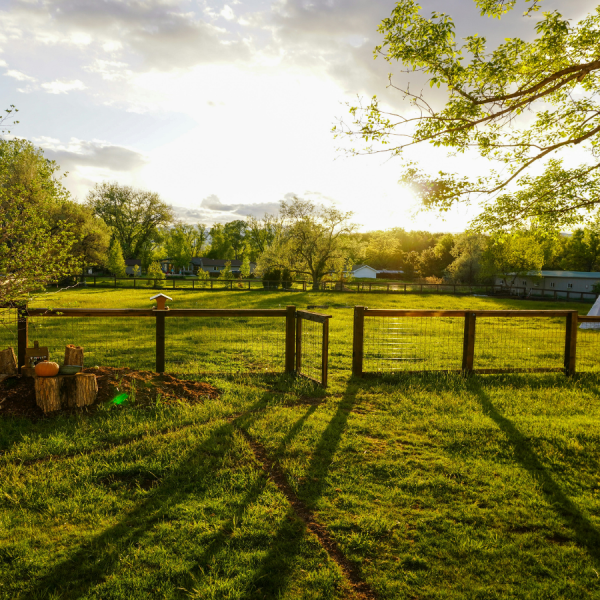
Nov 26, 2024
Tick tubes help reduce the parasites on mice, but time and frequency matters
A new study led by researchers at Penn State analyzed the effectiveness of a simple, inexpensive strategy for controlling ticks that homeowners can use in their backyards.
Full Article
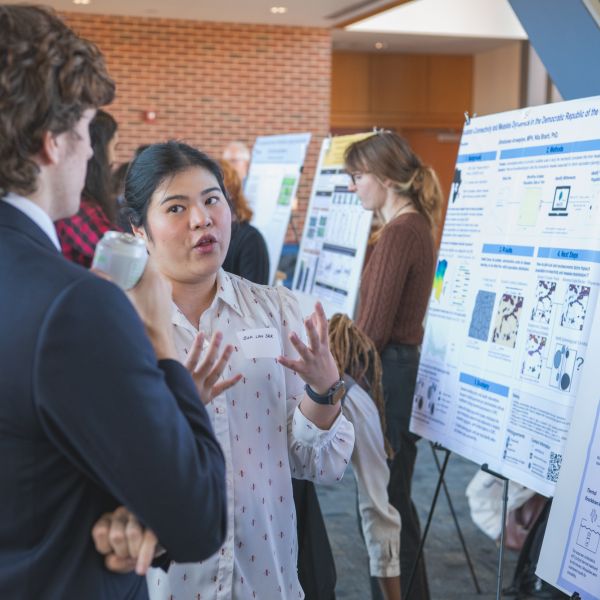
Nov 13, 2024
Biology and Ecology Student Research Showcase winners announced
The Biology and Ecology Student Research Showcase, hosted by the Biology Graduate Student Association and Ecology Graduate Student Organization on Nov. 1, featured poster and podium presentations from nearly 30 graduate and undergraduate students.
Full Article
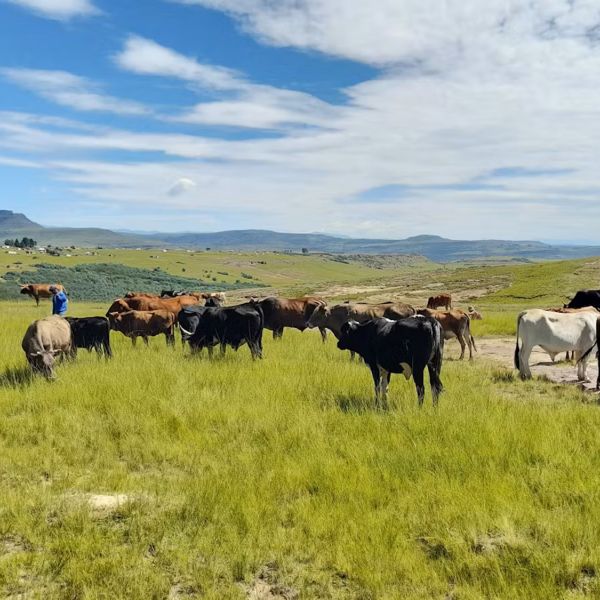
Nov 01, 2024
$1.3M NSF grant to fund research into restoration of degraded ecosystems
An international team of researchers led by Ida Djenontin, assistant professor of geography at Penn State, was recently awarded a $1.3 million grant from the U.S. National Science Foundation’s Dynamics of Integrated Socio-Environmental Systems program to investigate the socioecological outcomes of restoration in degraded woodlands ecosystems.
Full Article
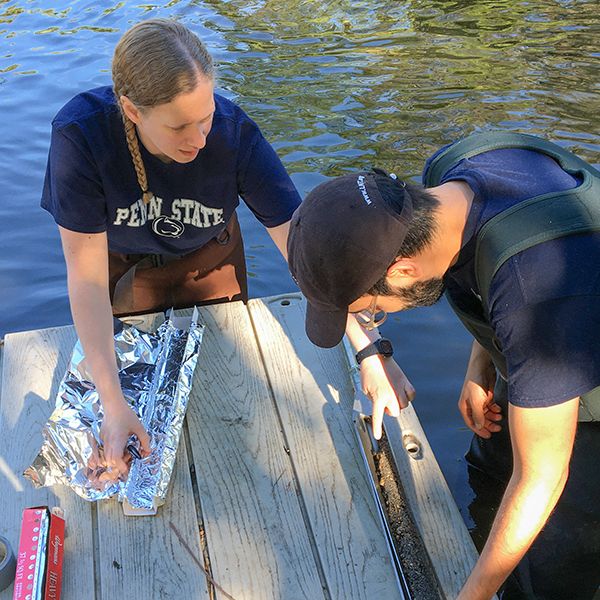
Oct 30, 2024
Microplastics increasing in freshwater, directly related to plastic production
Microplastics have been steadily increasing in freshwater environments for decades and are directly tied to rising global plastic production since the 1950s, according to a new study by an interdisciplinary team of Penn State researchers.
Full Article
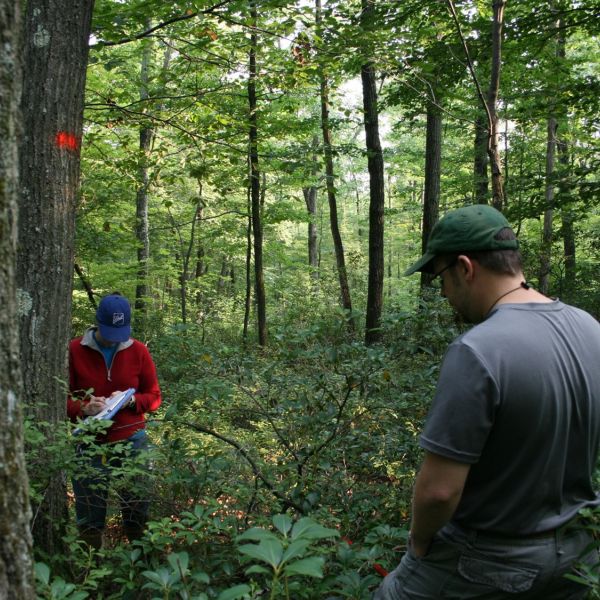
Oct 23, 2024
Deer, seedlings and soil pH influence local forest regeneration
New findings from long-term research underscore the challenges managers face when trying to conserve Penn’s Woods.
Full Article
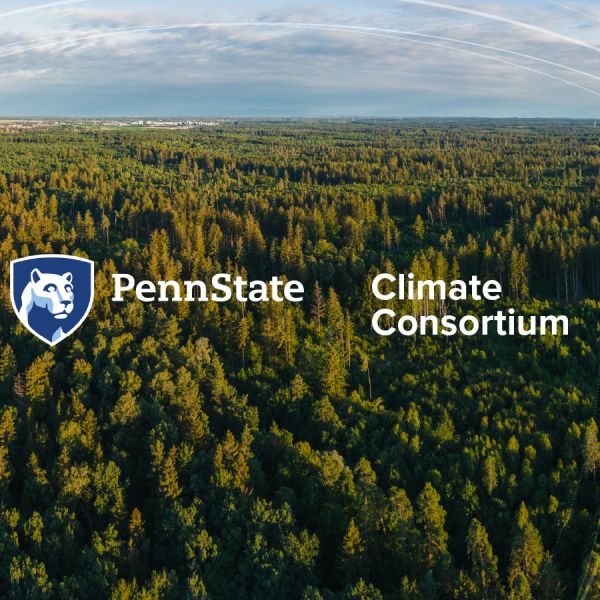
Oct 18, 2024
Climate Consortium awards projects to drive climate solutions across key sectors
The Penn State Climate Consortium has awarded funding to four research projects through its Climate Solutions Accelerator Program. Through this program, the consortium aims to put promising climate solutions into action via interdisciplinary partnerships.
Full Article

Oct 14, 2024
Penn State researchers earn funding for sustainable weed and insect management
Three Penn State research teams have received awards totaling $1.78 million from the U.S. Department of Agriculture's National Institute of Food and Agriculture to investigate climate-smart approaches to pest control in agriculture.
Full Article
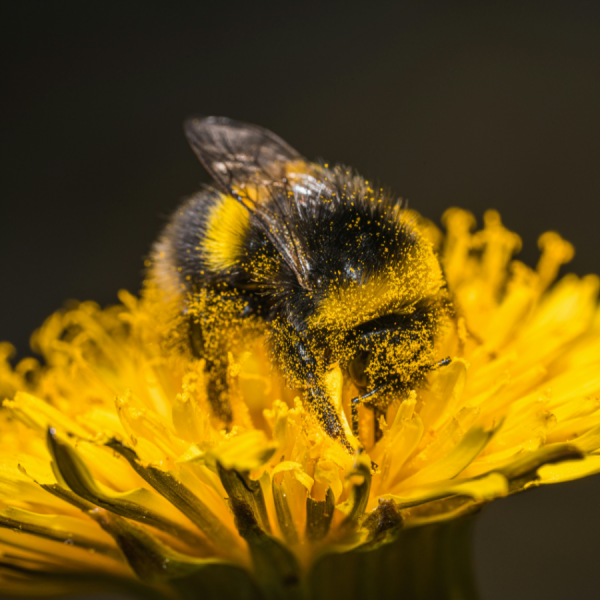
Oct 08, 2024
Adding fall blooming plants may help both managed and wild bees in cities
Recent findings will help identify the groups of bees that may be most at-risk and aid in creating conservation strategies, according to researchers.
Full Article
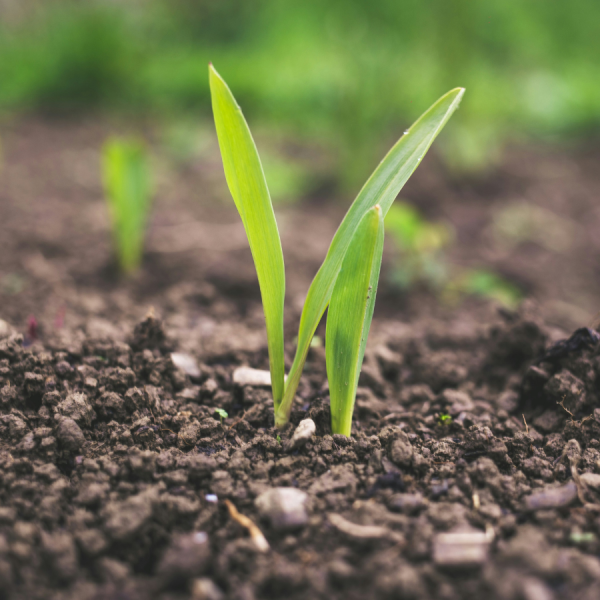
Oct 03, 2024
Q&A: Using a new approach to shine a light on hidden plant microbes
Despite there being more microbes on Earth than stars in our galaxy, only a tiny fraction have been discovered. An approach called metagenomics — a type of DNA sequencing — may help scientists learn more about these elusive organisms, according to Penn State researchers.
Full Article
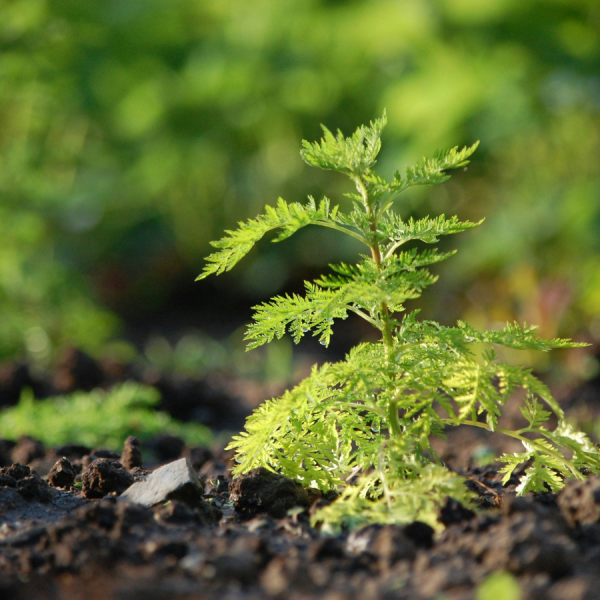
Oct 02, 2024
Plant compound used in traditional medicine may help fight tuberculosis
A compound found in African wormwood — a plant used medicinally for thousands of years to treat many types of illness — could be effective against tuberculosis.
Full Article